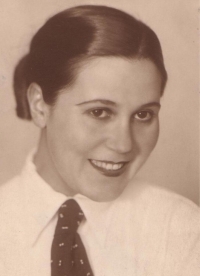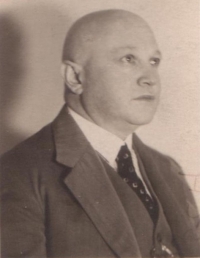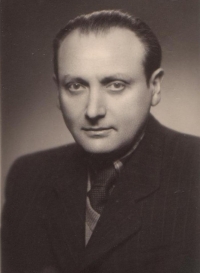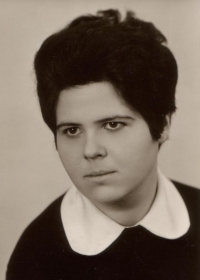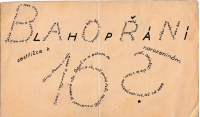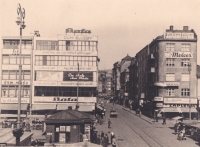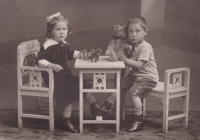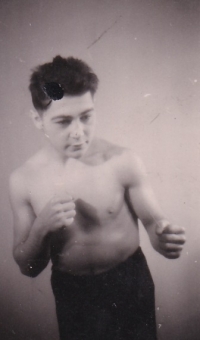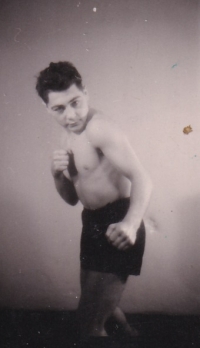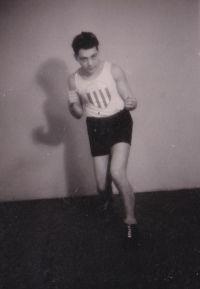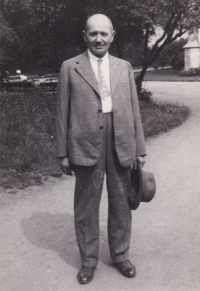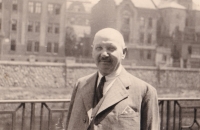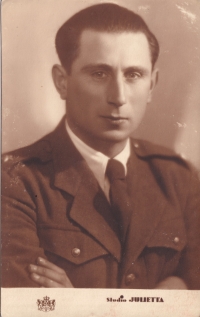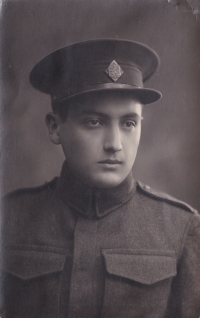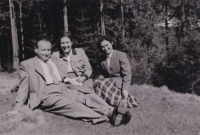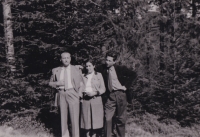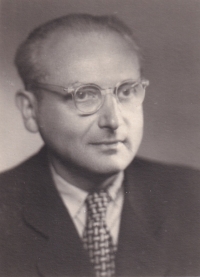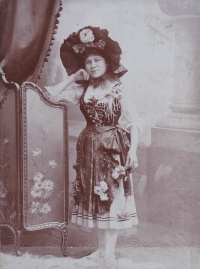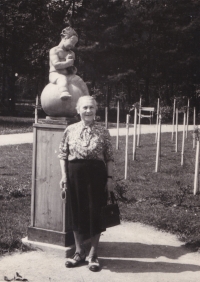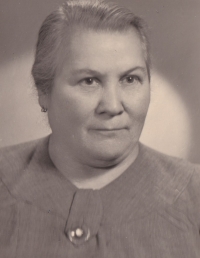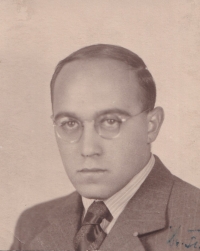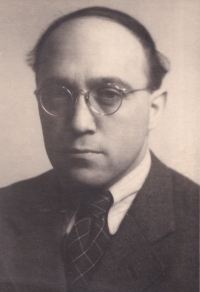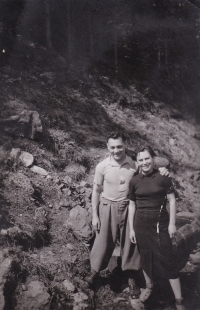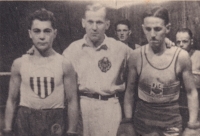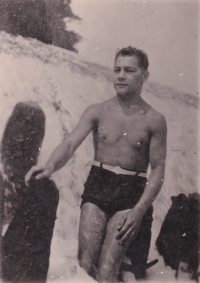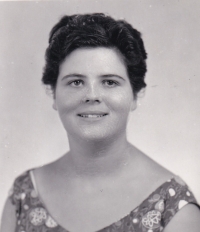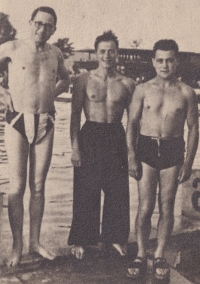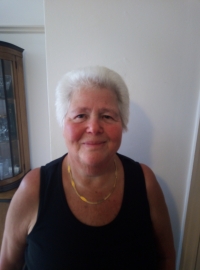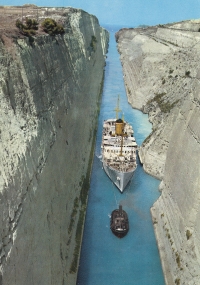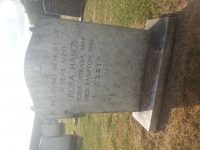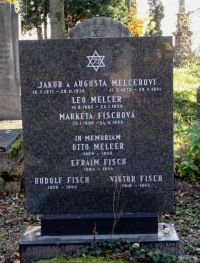We must talk about the Holocaust

Download image
Victoria Bursa was born on 6 December 1949 in Ostrava-Vítkovice as Viktorie Melcerová to a Jewish Czech- and German-speaking family. Her parents, Edita Fischová and Leo Melcer, survived internment in the concentration camps, where they lost their previous partners, her father survived only thanks to being on Schindler’s list. In October 1939, part of her family members was relocated by the Nazis to Nisko nad Sanem, from where they made it to the Soviet Union. Three of her uncles entered the ranks of the Svoboda Unit in Buzuluk, one of them, Viktor Fisch, died a hero’s death in the Battle of Sokolovo. The witness graduated from primary school in Ostrava and, after the death of her father, her mother decided to join up with her relatives in Israel. At first they were placed in a refugee camp on the outskirts of Vienna, from where Uncle Karel Hahn met up with them, and they sailed together from Naples on a ship named Mesapia to Haifa. In the kibbutz In Israel she went to school and learned Hebrew, though her mother did not feel comfortable in the holy land and she returned to Czechoslovakia in 1965. In Ostrava Viktoria completed high school and after graduating she and her husband went on their honeymoon to England. It was there where she learned of the August occupation of the Warsaw Pact armies in August 1968. She never returned Czechoslovakia thereafter, later she married a geography professor from Cambridge and took on his surname, Bursa. She still lives in Cambridge today.
